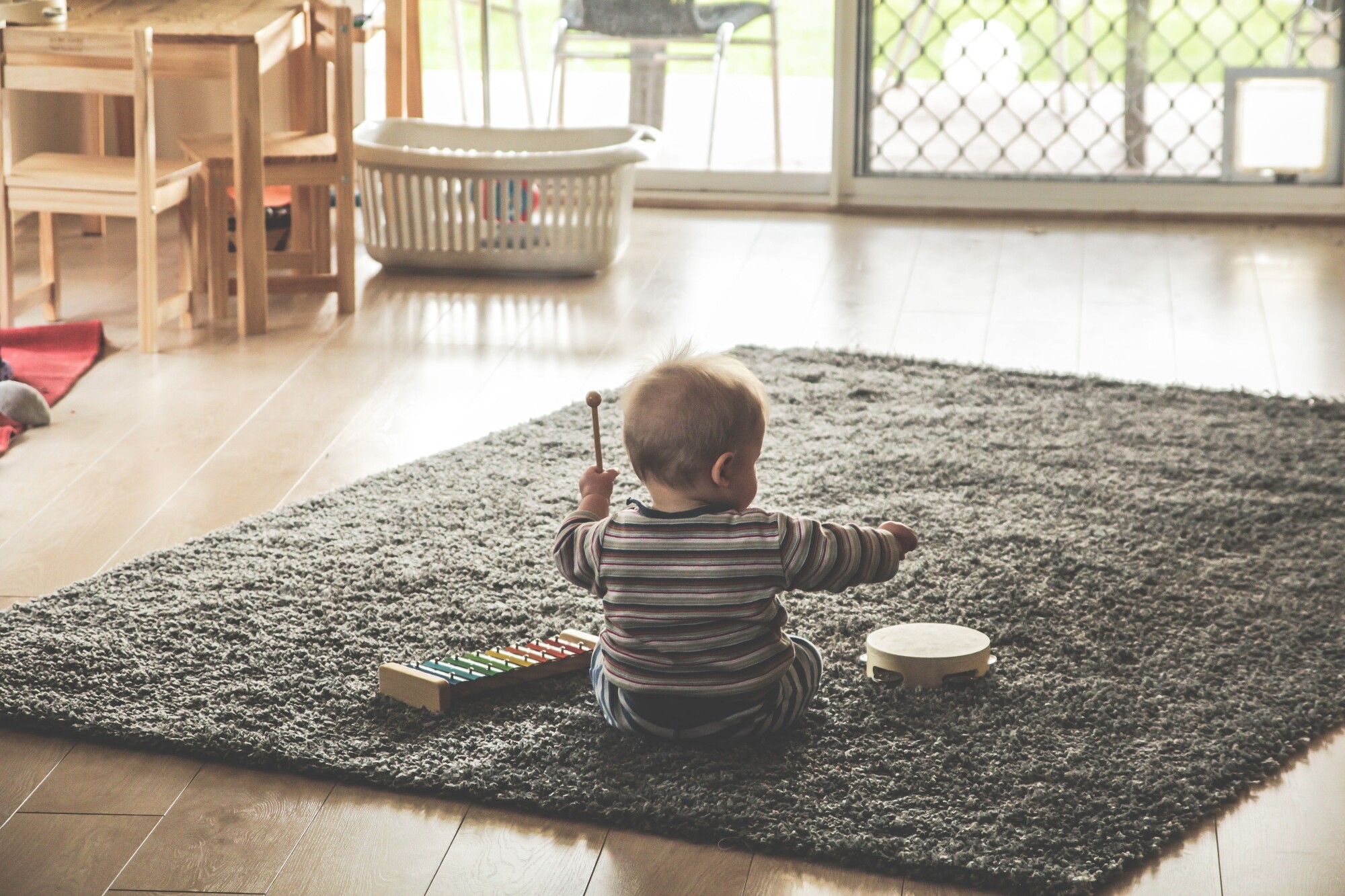Is your child having trouble learning speech?
Being a first-time parent can be a harrowing experience. It’s normal to feel like you don’t know what you’re doing or over worry about your baby. Tracking milestones, like your baby’s first word or walk, is a great way to measure their growth and development.
Baby speech development starts as soon as your child is a month old. The average time a baby should start talking is when they’re about 9-14 months old.
Practice makes perfect, and a specialist can identify issues early and help you. Read our guide to learn about how a pediatric dentist can help with baby speech development.
The Overall Value of a Pediatric Dentist
A specialist can make the first dentist visit for toddlers much easier for you and your kid. Explaining the concept of a dentist and why your child may need it can be difficult. Your child will no doubt feel scared when they first enter the dentist’s office.
Fortunately, pediatric dentists are well-trained and experienced in handling children. They also know what to look out for when it comes to a kid’s unique needs.
A pediatric dentist can find issues that might hinder baby speech development and offer a solution. It’s best to book an appointment within six months of your toddler’s first tooth.
The earlier you get an idea about your child’s oral health and structure, the better. Your child’s teeth are not the only things at stake when it comes to oral health. Jaw alignment can cause issues even before the first teeth come in.
Your Dental Health Affects Speech Articulation
This is why you want to take your child to a pediatric dentist sooner rather than later. Six months after the first teeth or around the 1st birthday are the best times for the first dentist visit. If your teeth don’t grow right, you can have difficulty learning to speak clearly.
Many of us have seen children struggle to pronounce certain letters, words, or sounds. Some children are incapable of rolling their R’s or may have a lisp when speaking S and Sh sounds.
The First Year
The first year of a child’s life is full of wonder and learning. It’s during this period that they usually start playing with language for the first time. They practice sounds and words, and they do this by trying those sounds out in their mouths.
The structure of their mouths and early teeth will impact this. As adults, we naturally curl our tongues and press them against our teeth to make certain sounds. Now, what would happen if we didn’t have those walls of teeth?
We’d likely have learned to speak way differently. For some, it might come across as an accent. Other adults may tend to slur their words.
For young children, teeth can grow crooked, overcrowded, or manifest with wide gaps. These gaps could cause issues articulating words.
Children are versatile and clever. As they grow, they’ll adapt to the structure of their mouths when learning to speak. They internalize how their teeth, mouth, and tongue interact when speaking.
Children learn speech at a gradual pace. Like with building blocks, their foundation needs to be solid. A 1-year-old who starts learning with atypical alignment might carry that going forward.
The longer you wait to address that, the more difficult it can be. A pediatric dentist can catch some of these issues earlier. They can also help teach you how to combat this with your child.
Pediatric Dentists Can Work With Speech Therapists
A pediatrics dentist near me can do more than assess medical or physical issues. Many pediatric dentists also work with speech therapists to help your child overcome any early issues. Here are some examples:
Tongue-Tied
We’ve all heard the term tongue-tied, but it’s a very real issue in baby speech development. In linguistics and speech therapy, it’s when the tongue can’t reach the necessary areas to make sounds. Our tongues move a lot when speaking, and this can have a significant impact on clarity.
A pediatric dentist can identify if your child is struggling with tongue mobility. With a speech therapist, your dentist can figure out the best way to address that. Sometimes, they’ll suggest physical exercises.
Your dentist may also help you develop a routine where your child practices making similar sounds they have already mastered. This lets them work their way into the correct posture at their own pace. Of course, if tongue mobility issues come from teeth alignment or positioning issues, a pediatric dentist can help with that, too.
Airflow and Other Issues
The final thing worth noting is that we learn to speak by manipulating air as much as our tongues and teeth. A child’s jaw or oral posture and how they use their vocal cords is a huge aspect of their speech development. Anything that obstructs airflow when speaking, or makes it uncomfortable, is an issue.
Having a cleft palate or an oral misalignment can make your child hard to understand. Thumb sucking or using a pacifier for too long can contribute to this. They cause your child to develop a natural mouth or tongue position, which is less flexible.
Some children have issues with their uvula. The vibrations coming up and hitting those when talking are key for speech clarity. There are plenty more issues that can impact a child’s ability to speak with clarity.
If you have young kids and are in the area, don’t delay. Looking for a pediatric dentist in Suwanee is worth the peace of mind.
How A Pediatric Dentist Helps With Baby Speech Development
When it comes to baby speech development, there’s no better person to help you than a pediatric dentist. They’ll highlight potential issues which might be behind difficulty speaking. In particular, they can help with clarity issues or mastering specific sounds.
Want to know how you can help your child reach their milestones? Check out our other blog posts for more parenting and childcare tips.
